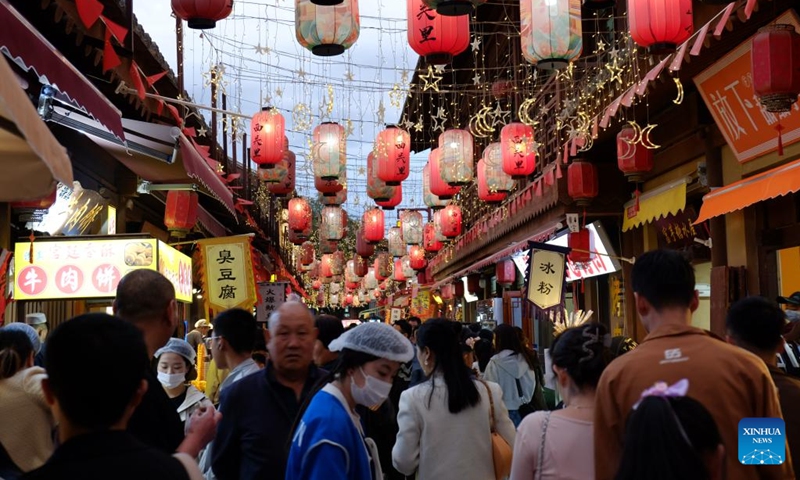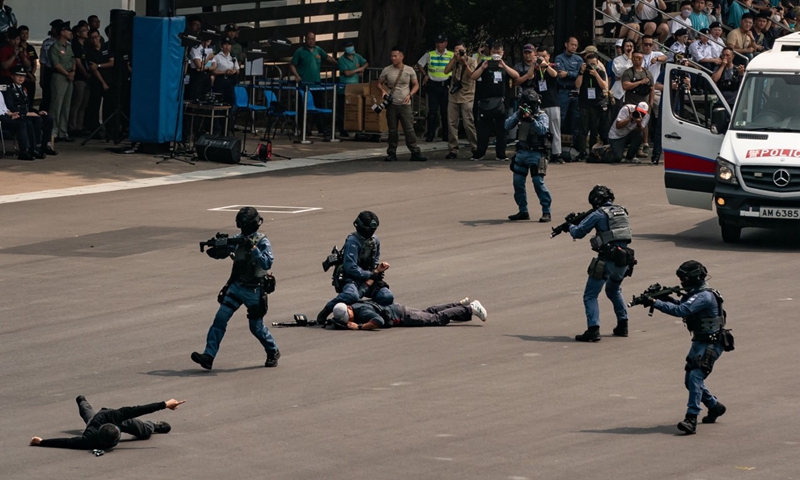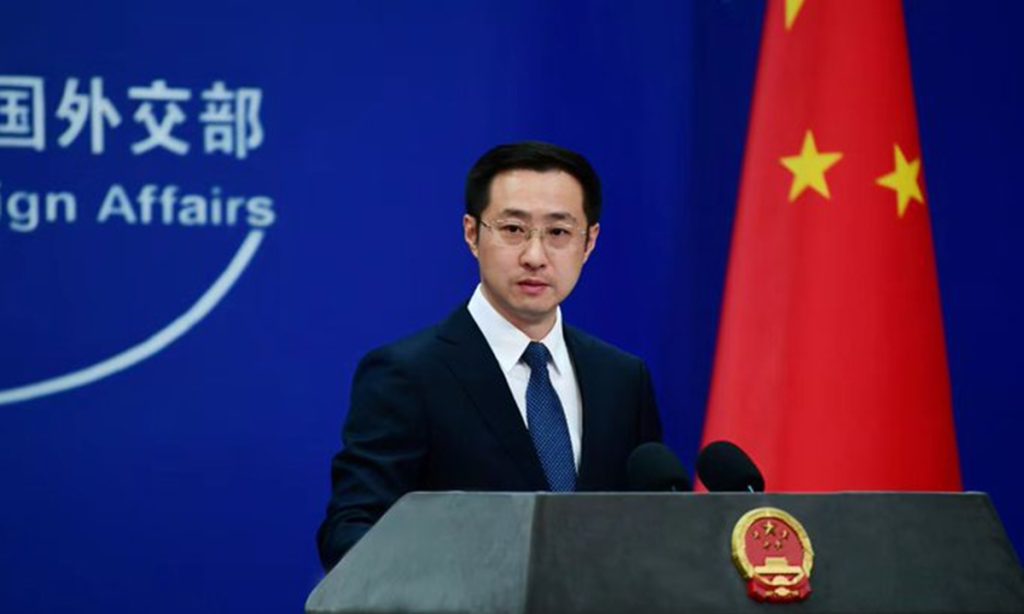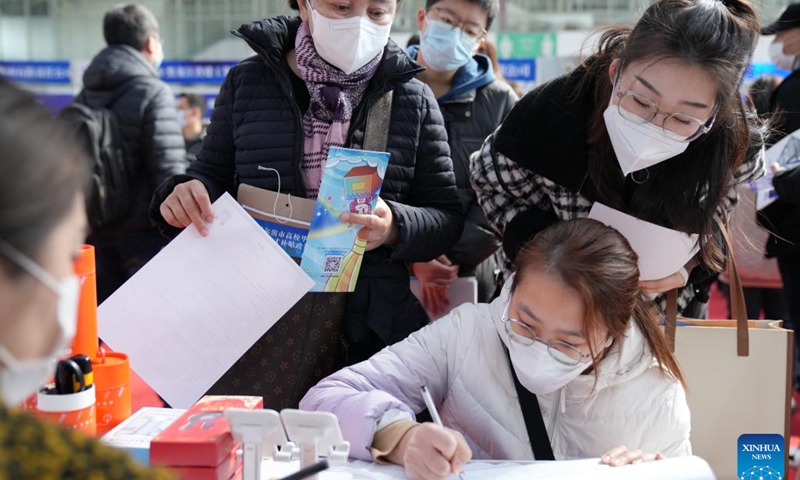US House committee advances bill to restrict Chinese biotech firms, exacerbating tensions

A US House of Representatives committee on Wednesday local time voted to advance Biosecure Act that would prohibit US federal agencies from contracting with China's BGI, Wuxi AppTec and other biotech companies under the excuse of "national security." This is the latest move of the Biden administration's heightened suppression of China's normal economic, trade and technological activities.
Chinese observers said the biotech legislation targeting Chinese companies, along with US' new tariffs imposed on Chinese electric vehicles and advanced batteries, is part of the Biden administration's political show aimed at winning voters in an election year. US President Joe Biden and his administration will likely intensify crackdown on Chinese companies before the election, even at the risk of harming more US consumers and economic health.
However, they said the US' hysterical crackdown on China will neither make China surrender nor impede China's development, rather it will harm US companies in international competition and hinder technological progress.
Intensifying crackdown
The US House Committee on Oversight and Accountability on Wednesday approved the Biosecure Act, which must get through the US House and Senate before Biden could sign it into a law, Reuters reported.
The targeted Chinese companies expressed strong opposition to the US' proposed legislation which is based on false and misleading allegations.
"As public records show, the Biosecure Act is advocated by a US company, to eliminate competition and strengthen its monopoly in the DNA sequencing market. BGI Group is disappointed to see the US legislative process being abused by the company which the US government itself has accused of holding an unlawful monopoly," BGI Group told the Global Times on Thursday.
BGI places the highest priority on privacy and strictly follows international and local data protection regulations. Statements alleging BGI is controlled by the Chinese government or military are false, the company stressed.
WuXi AppTec said the company "has not posed, does not pose, and will not pose a security risk to the US or any other country," according to a filing with the Hong Kong Exchanges and Clearing Ltd on Thursday. The company reiterated that it does not have a human genomics business or collect human genomic data in the US, China or elsewhere.
Since the beginning of 2024, the Biden administration has expanded its crackdown on Chinese companies to sectors including biotechnology, new energy and shipbuilding, which are part of a political show to win voters for the presidential election, Gao Lingyun, an expert at the Chinese Academy of Social Sciences, told the Global Times on Thursday.
Take the newly announced tariffs on $18 billion worth of Chinese imports for example. The volume is not that big compared with tariffs imposed on hundreds of billions of Chinese goods amid China-US trade war, but by doing so, the Biden administration wants to show that they could come up with a stronger hard-line policy against China, according to Gao.
On Wednesday, US Commerce Secretary Gina Raimondo said that her department plans to announce proposed rules on Chinese connected vehicles this autumn, citing so-called "national security" risks to Americans' data, Reuters said in another report.
China firmly opposes and lodges solemn representations over the further increase of additional tariffs on some Chinese goods by the US, and will take resolute measures to safeguard its own rights and interests, He Yadong, spokesperson of China's Ministry of Commerce, reiterated at a regular press conference on Thursday.
US' protectionism doomed
Unilateral and protectionist actions aimed at China by the US expose the loss of confidence and composure on the part of the US and are doomed to fail, Chinese Foreign Minister Wang Yi said on Wednesday, the Xinhua News Agency reported.
The US' unscrupulous suppression of China does not help address domestic problems in the US, but only results in a greater disruption of the normal operation of the international industrial and supply chains, Wang said, adding that the US' move will not deter China's development and rejuvenation.
Economic bullying and technological blockades have actually accelerated China's innovation. China's chip-making capability is catching up, artificial intelligence is gaining traction, and sectors like aerospace and electric vehicles are developing very fast, Li Yong, a senior research fellow at the China Association of International Trade, told the Global Times on Thursday.
The US' unilateral moves will only backfire, as they will likely raise market prices, burden consumers, and hinder global cooperation and innovation in the industry, Li said.
"A series of hegemonic and bullying practices against China underlies the US' double-dealing face," he said. While the US touts its open economy and free trade, its unilateral and protectionist actions are against its words. Biden promises that the US does not seek to decouple from China and hinder China's development, but its practices tell another story, Li said.
Despite US' growing erraticism and paranoia to fragment the world by ideological differences, it is becoming increasingly hard to decouple from China, Li said.








